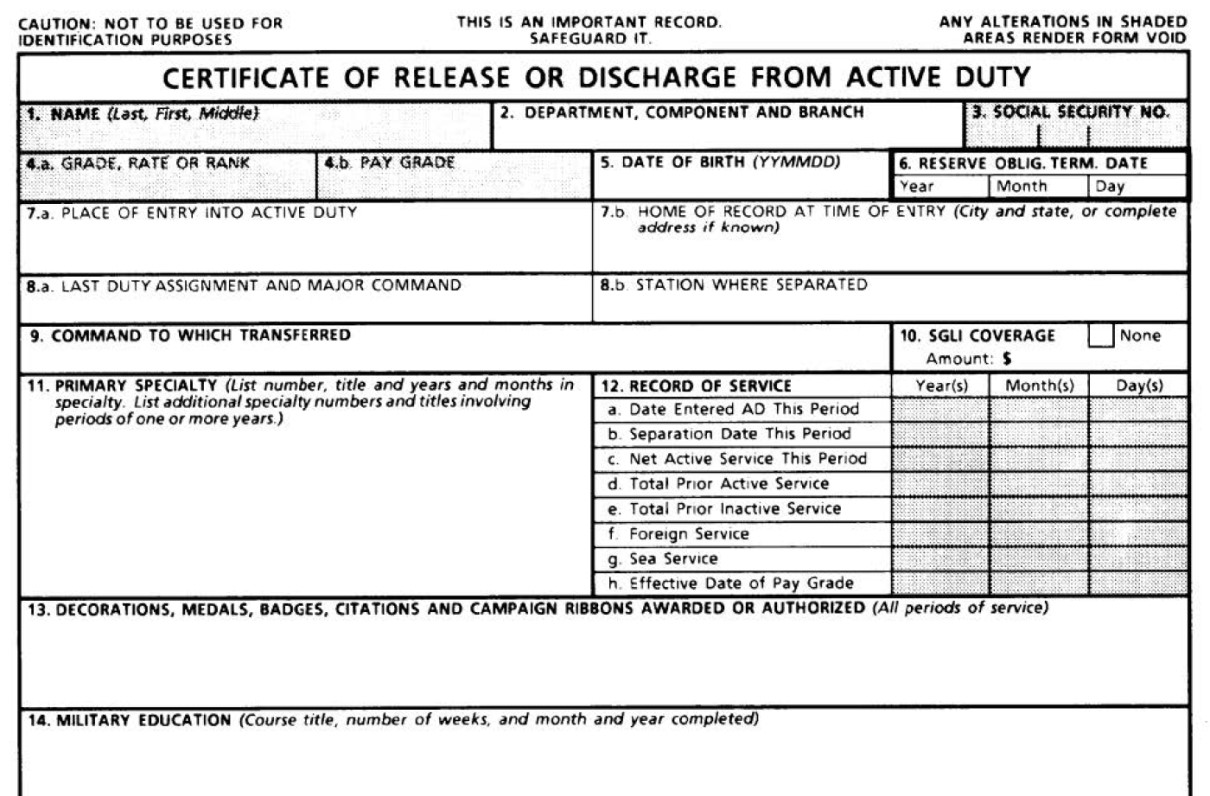By Jessica Lee
Can you give me an example of where you failed? What are your weaknesses? Describe yourself in one word.”
We have all been there. Preparing for job interviews, wondering what obscure question the interviewer is going to throw at us, and trying to describe ourselves in one word can be challenging. “My failures — what failures? I can’t recall. My only weakness is that I am a perfectionist.”
Of course, that should not be your answer.
There is a better way to prepare for job interviews, and it involves knowing yourself and your skillset completely. The better you articulate your work experience and how it directly applies to the job for which you are interviewing, the higher your chance of making a positive impression on the recruiter and/or hiring manager.
[RELATED: 5 Tips for Finding Career Connections]
In preparing for an interview, I find it helpful to make a two-row column on my computer. In the first, I bullet point all the qualifications, experiences, tasks, and skills listed in the job description. In the second column, I bullet point how my experience matches with the first column, listing my expertise, number of years, and specific examples to demonstrate to the interviewer how my work history aligns with the job requirements. It is essential to have concrete answers and examples for each of the requirements listed.
If you respond with a generic answer to a question, be prepared for the interviewer to ask for an example with more detailed information. Avoid vague responses. This also goes both ways — feel free to ask the hiring manager for examples when you are not clear about what they are asking.
Of course, you should also prepare relevant questions for the interviewer. Remember: You are also assessing them. Is this a place you want to spend 8-10 hours a day? Are these the people you want to be working with and for?
As you speak with different people in the company, look for inconsistencies in their answers. For example, ask how they would describe the culture of the organization. What challenges have they faced in their roles? What do they like best about working there? How would they describe their management style? Another favorite question of mine is “What questions should I be asking that I haven’t?”
Find out as much as you can about the supervisor for the position; according to Harvard Business Review, the No. 1 reason people leave their job is because of their supervisor. LinkedIn and Glassdoor can be great places to start, but also use your networking contacts at the company.
[RELATED: Join MOAA's LinkedIn Group]
If you thoroughly prepare and can clearly articulate your experience, you won’t have to worry about the random question thrown in because you will be confident in what you can do and the value you can add to the company.
If a question truly stumps you, don’t be afraid to say, “I don’t know,” and be honest in your answers. Know yourself well enough to admit you don’t know. Don’t be disingenuous. If they ask a question you are unprepared for, it’s okay to pause for a few seconds before responding, or simply say “That is a great question,” to give yourself a bit more time to carefully think through your response.
Keep in mind that finding qualified candidates can be a challenge for companies in today’s tight job market. Preparing a realistic assessment of your skills, experience, and the value you can add to the company will ensure you’re ready for even the most demanding interview.
Jessica Lee is a military spouse who currently works for a management consulting firm specializing in organizational development for multinational companies. She has her bachelor's in International Development and her Master of Science in Organizational and Leadership Development. She previously lived and worked in China for more than 5 years and speaks fluent Mandarin. She lives in the San Diego area.



